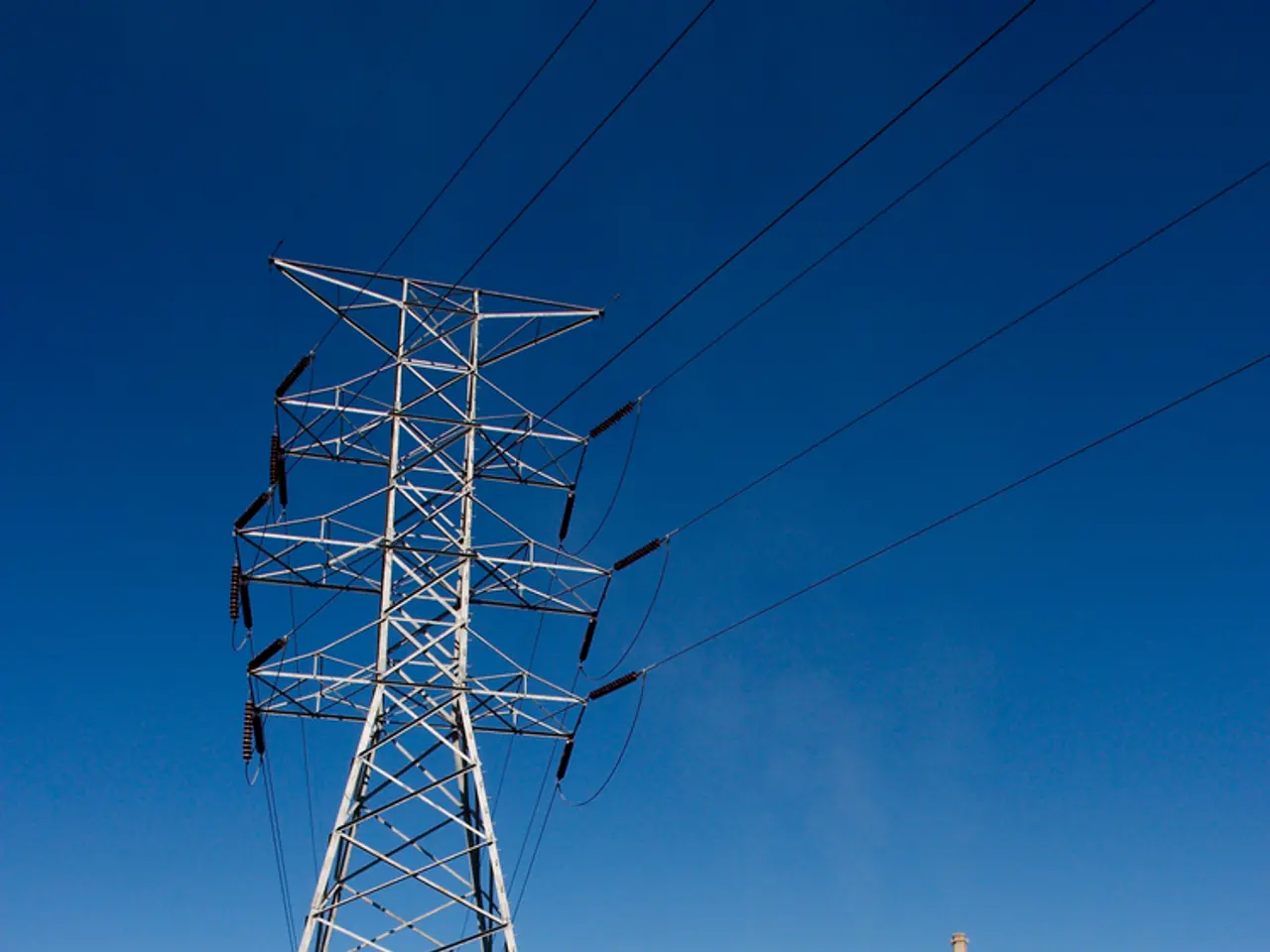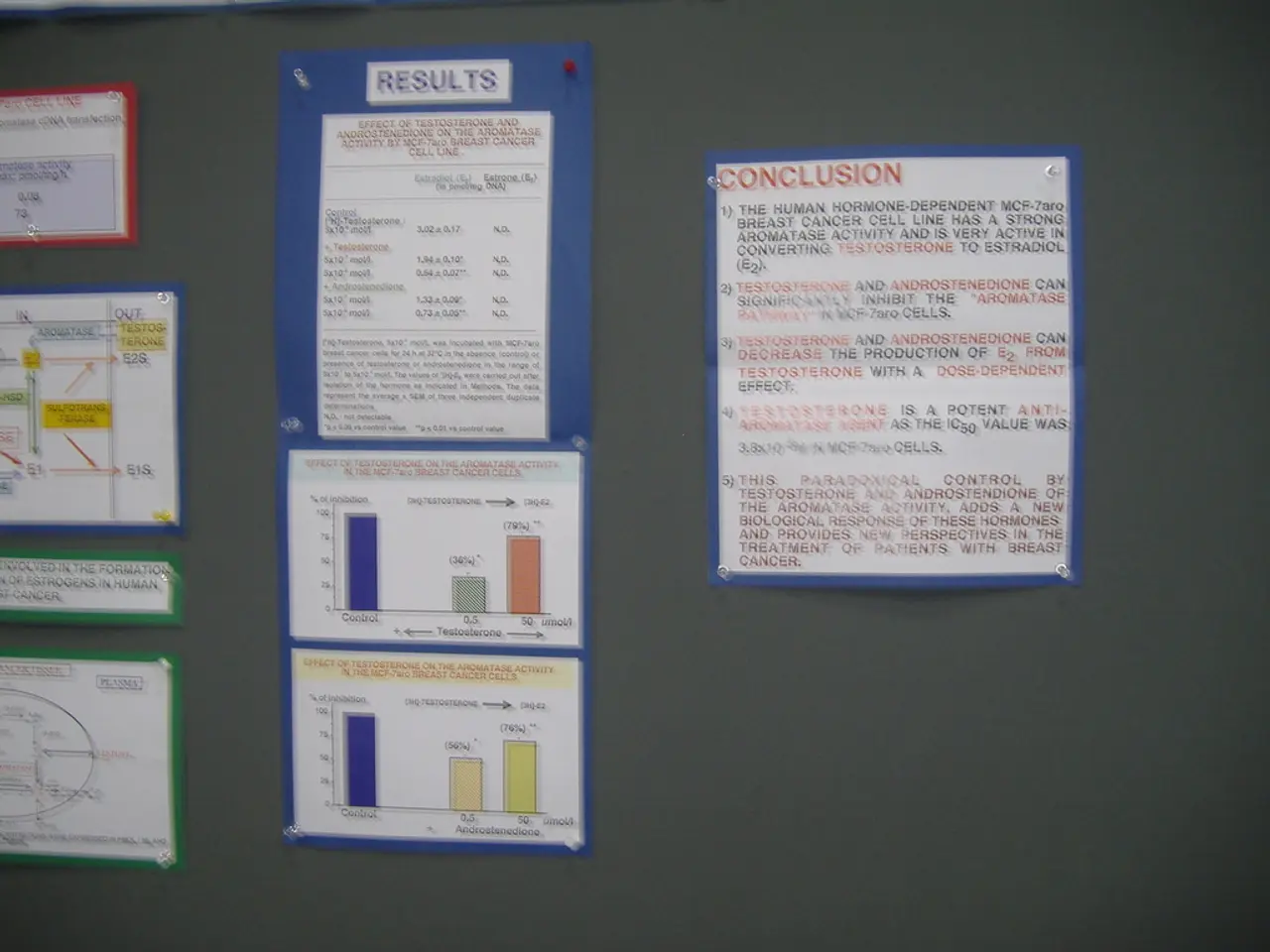World ranks Germany fifth in terms of expensive electricity prices globally.
German households are grappling with some of the highest electricity bills in the world. With an average of 39 cents per kilowatt hour, Germany ranks fifth on the list of the most expensive countries, according to a study by Verivox[1][3].
Priced almost as steeply as Belgium and Ireland, Germany trails only Bermuda, Denmark, Ireland, and Belgium in the international electricity price race. In 2021, despite lower prices, Germany still claimed the top spot[1][3].
The inflation in electricity costs isn't a new phenomenon. Since 2021, prices have surged an average of 19% in Germany, while globally, they've spiked by 29%[1][3]. Among the G20 countries, only Italy's electricity costs are more burdensome when adjusted for purchasing power[1][3].
The high electricity prices in Germany are largely attributed to a heavy reliance on imported fossil fuels, expensive energy transition policies, taxes, and levies[1][5]. The energy shift from nuclear and coal to renewables and gas-fired plants, coupled with the volatile natural gas market, has contributed to the steep price hikes[2][4][5].
Europe's industrial sector has been grappling with escalating energy costs. Power prices have risen drastically since 2019, with increases ranging between 90% and over 170% in various countries, including Germany[4]. Natural gas futures have soared approximately €13 per MWh in 2025, further fueling electricity price increases[2].
These trends show no signs of relenting, with no significant decrease in sight without significant market changes[1][2][3][5]. Government measures such as subsidies and the construction of new gas power plants are being considered to stabilize the economy, but alleviating the burden on consumers seems unlikely in the near term[1][5].
[1] Cash Journal. (2023, April 5). Germany's household electricity prices ranked among the highest globally. Retrieved April 18, 2023, from https://www.cashjournal.de/wirtschaft/welt ranking-deutschland-hat-die-sechste-hochste-wechselstrompreise-weltweit-621214.html
[2] Deutsche Welle. (2022, April 22). High electricity prices pose threat to Germany's economy. Retrieved April 18, 2023, from https://www.dw.com/en/high-electricity-prices-pose-threat-to-germanys-economy/a-61060080
[3] Forbes Advisor. (2022, January 26). Who pays the most for electricity in Europe? Retrieved April 18, 2023, from https://www.forbesadvisor.com/personal-finance/electricity-cost-country/
[4] The Guardian. (2021, December 9). Electricity costs soar for German industry. Retrieved April 18, 2023, from https://www.theguardian.com/business/2021/dec/09/electricity-costs-soar-for-german-industry
[5] World Economic Forum. (2023, January 30). Germany is considering constructing new gas power plants to stabilize the electricity grid. Retrieved April 18, 2023, from https://www.weforum.org/agenda/2023/01/germany-gas-power-plants-electricity-grid/
- The high electricity prices in Germany, resulting from expensive energy transition policies and reliance on imported fossil fuels, have increased the financial burden for households, making vocational training programs in the industry, especially those focusing on renewable energy production, more crucial for the community's economic stability.
- Amidst the escalating electricity prices and the burdensome costs for the industrial sector, Finance ministers and policymakers are actively discussing the implementation of community support measures, such as subsidies for vocational training in the renewable energy industry, to promote energy independence and foster a more sustainable and affordable energy future.




